The three dog breeds that make the ultimate family pet, according to expert trainer Ben Randall
In decades of working with dogs, Ben Randall has seen every possible breed of dog — these are the three he'd recommend for family life.

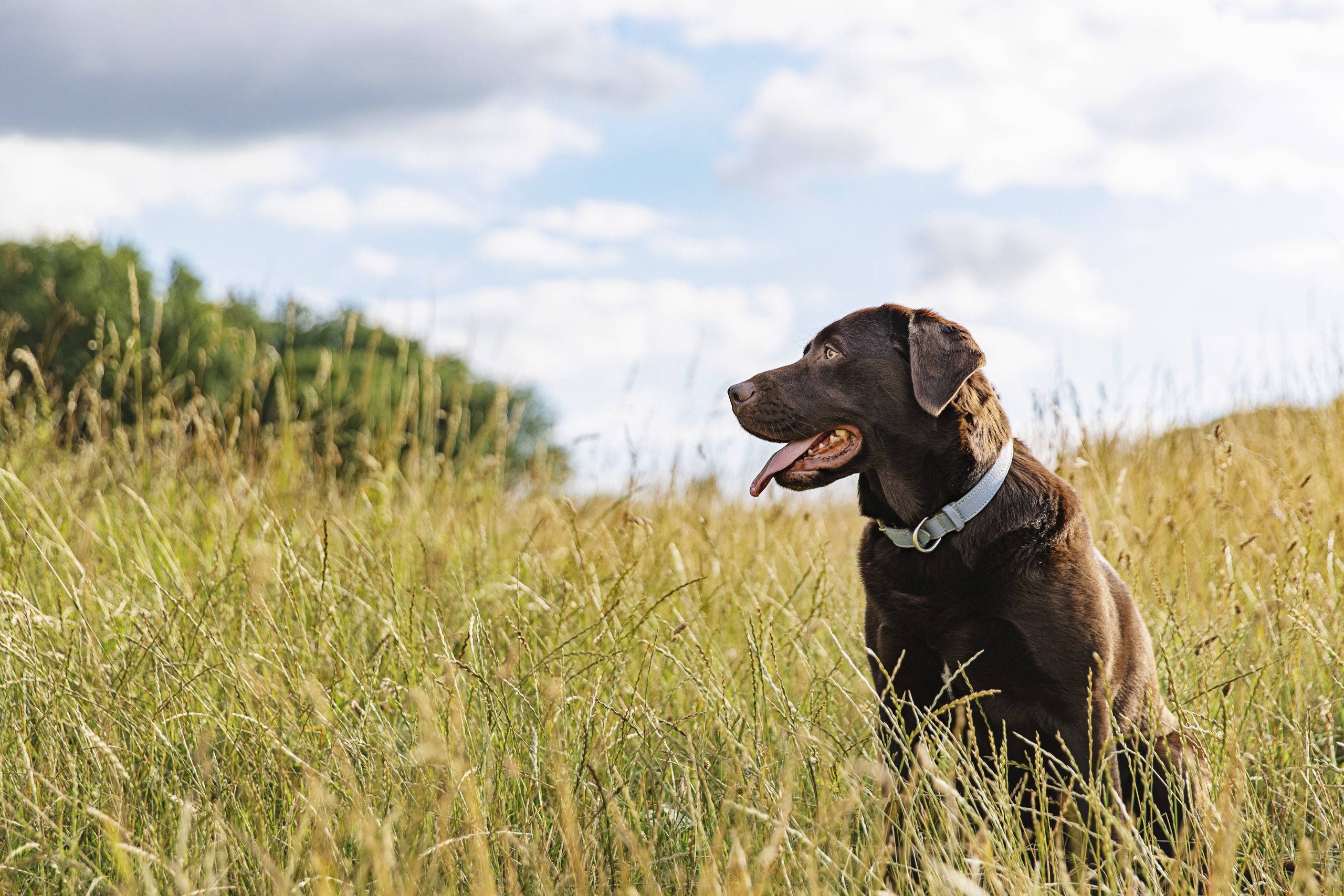
Exquisite houses, the beauty of Nature, and how to get the most from your life, straight to your inbox.
You are now subscribed
Your newsletter sign-up was successful
This week's column is one that's very timely, given the article in Country Life magazine this week about Britain's favourite dog breeds, decade by decade, from the 1920s until today. Let's get straight to it.
Dear Ben We've been talking about getting a dog for ages, but have ended up chasing our tails (ho ho) on which breed to choose. Which breed (or breeds) would you recommend as a dog that's both a perfect family pet, and a four-legged friend happy to get involved in our active lifestyle. — T.K. via email
Great to hear that you're keen to get a dog, and really pleased also that you're giving it the thought it needs, since as well as being fun and rewarding, it's a big commitment. As well as training dogs, my family and I run a luxury boarding kennel, Ledbury Lodge Kennels, where we see a huge variety of dogs on a daily basis.
As you can imagine, we see every kind of dog imaginable, and dogs who've had all sorts of levels of training – from truly superb to... well, to not great. It’s the ultimate shop window to see what breeds’ temperaments are like.
And the number one breed I recommend for a family country home? No surprises here: it's the Labrador. I've had many myself, and bred some too, and or me personally, if the Labrador is selected correctly, you'll be all but guaranteed a wonderful pet. If you take care with breeding lines and health checks, you'll have a dog with a great temperament, one that's able to be trained correctly, and one which will make a loving and affectionate member of your household.
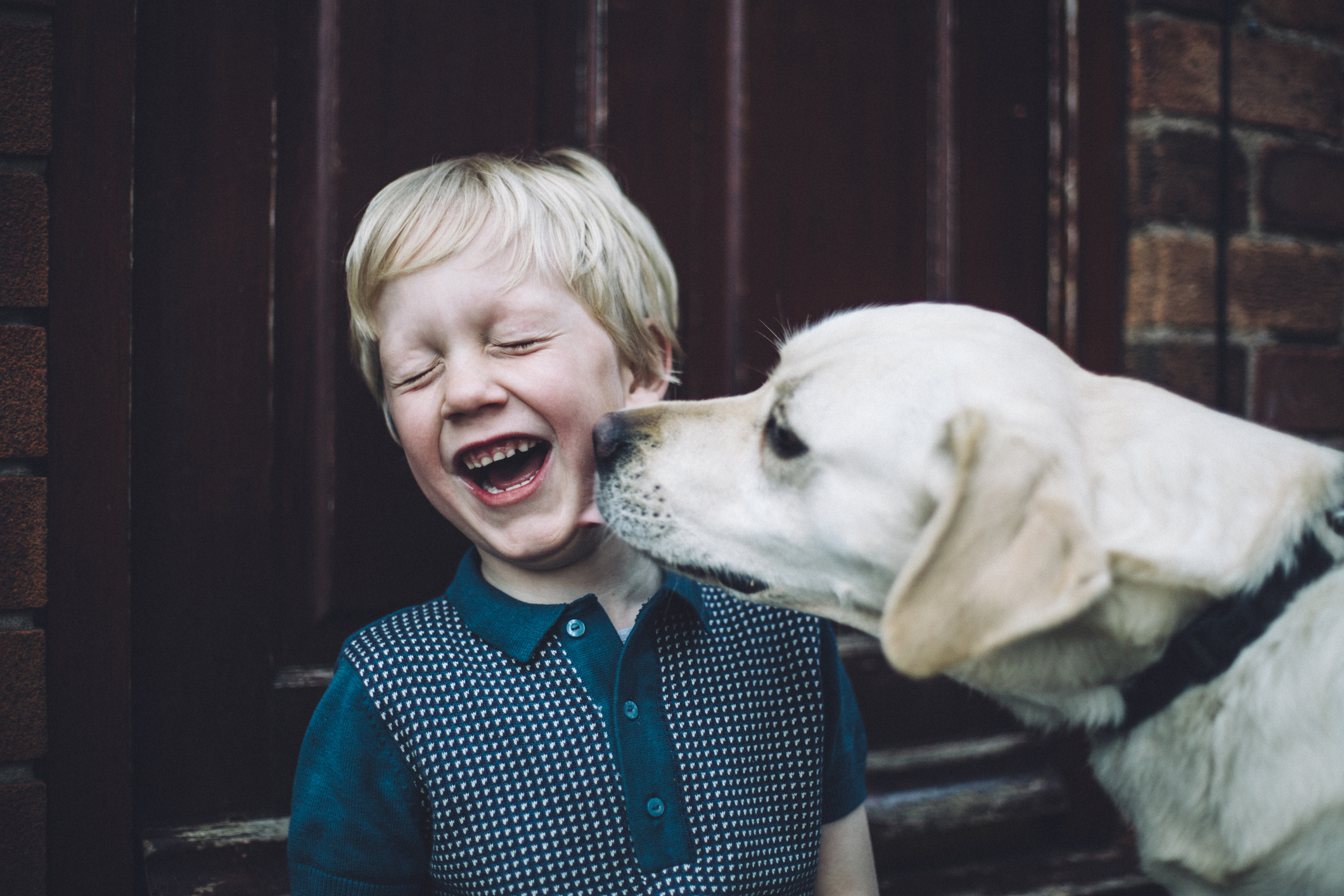
They really do make the ultimate family dog: calm and relaxed at home, make for great fun while training or out and about on walks, yet quite happy sitting with you in pubs, coffee shops and so on. They're generally very laid back, and more than happy to sleep and chill during the days and evenings at home. Get the training right and it's a dog that can give you the best of both worlds.
There are a few things to watch out for when you choose: try to avoid a puppy whose parents have poor hip and elbow scores, or ones where there's a lack of health tests available to check. Not only could these suggest the puppy might face health problems later in life, it can also be a sign that the breed lines aren't right, so the trainability and temperament might not be what you'd hope.
Exquisite houses, the beauty of Nature, and how to get the most from your life, straight to your inbox.
If you're looking for a smaller family dog, the Border Terrier is wonderful. We own a border terrier called Tweed, who is nine years old, and we also see lots of them at our kennels. If trained correctly, they will make a beautiful family companion: more than happy to curl up on a rug in the lounge, snooze in the kitchen by the Aga, cuddle up on the sofa in the evening — yet they also love countryside walks and have huge energy at playtime.
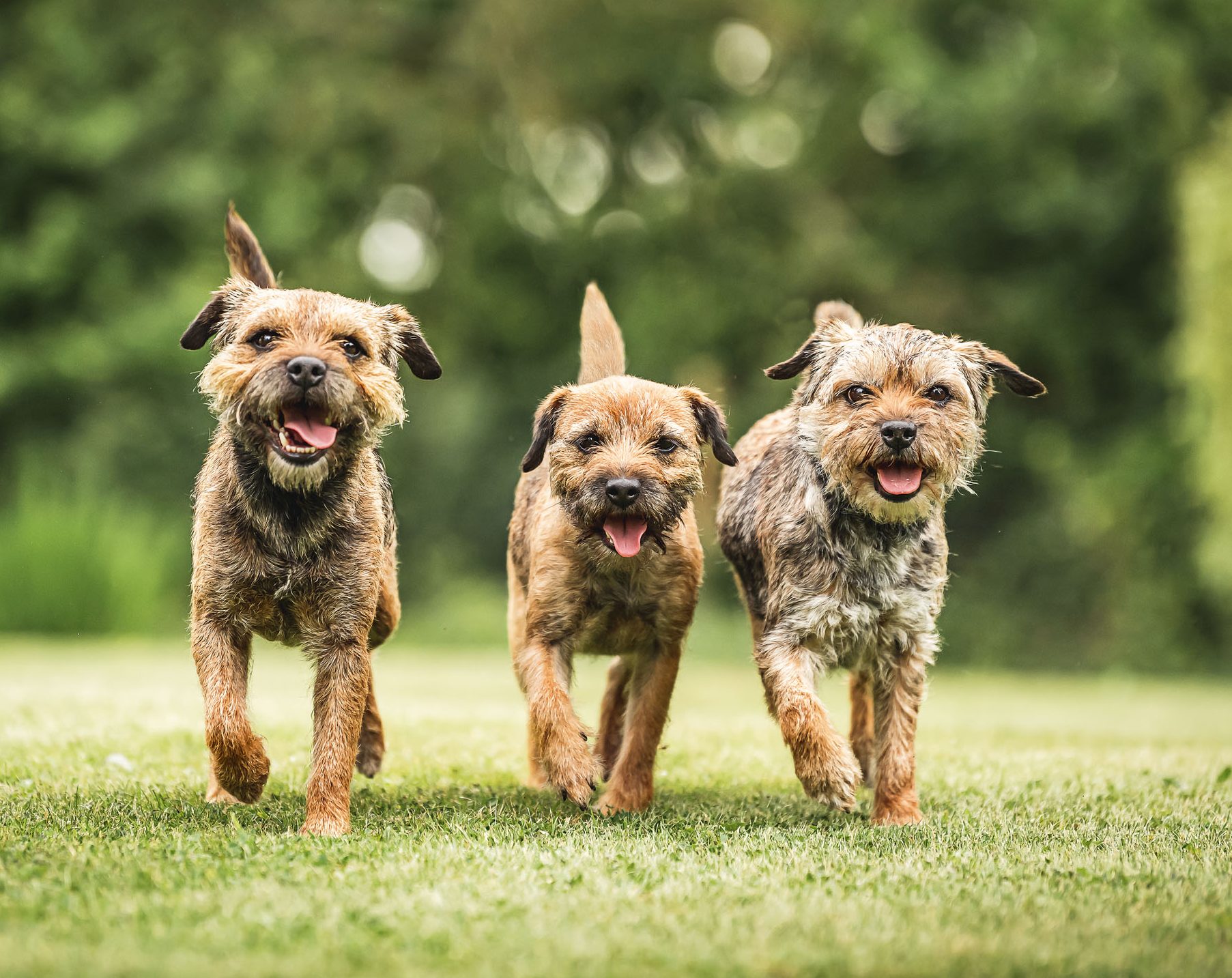
The only thing you might encounter is that, if not trained properly, they can have a tendency to be slightly yappy and make a high-pitched squeal when excited. But as I say, if trained correctly there’s a very low percentage likelihood that this will be an issue.
There’s another breed I have a huge soft spot for: the Cocker Spaniel. It's probably also the breed I see most of, both in kennels and for training, since they have become super-popular in the last decade: everyone from the Royal Family to the Beckhams and Gordon Ramsay are fans, to name but a few.
But they really do need to come with a warning, for while they're my absolute favourites, they are a notoriously hard pet for family homes to train. Over the last decade I’ve unfortunately seen many owners having problems with this breed, invariably when they've been bought as puppies (and the puppies are truly irresistible) by inexperienced owners swayed by fashion trends. They then end up getting taken to bribery-focused trainers who don’t have experience with working breeds, the dog gets trained incorrectly, and the problems being. Resource guarding, barking, pulling on the lead, chasing other dogs, livestock and wild birds, and very poor recall are all the sorts of things I see a lot of. Working breeds have five main instincts — find it, chase it, catch it, kill it, eat it — and these can be particularly strong in Cockers. So much so that if you're not careful, they become so good at those five things that a sixth comes in to play: not coming back when called.
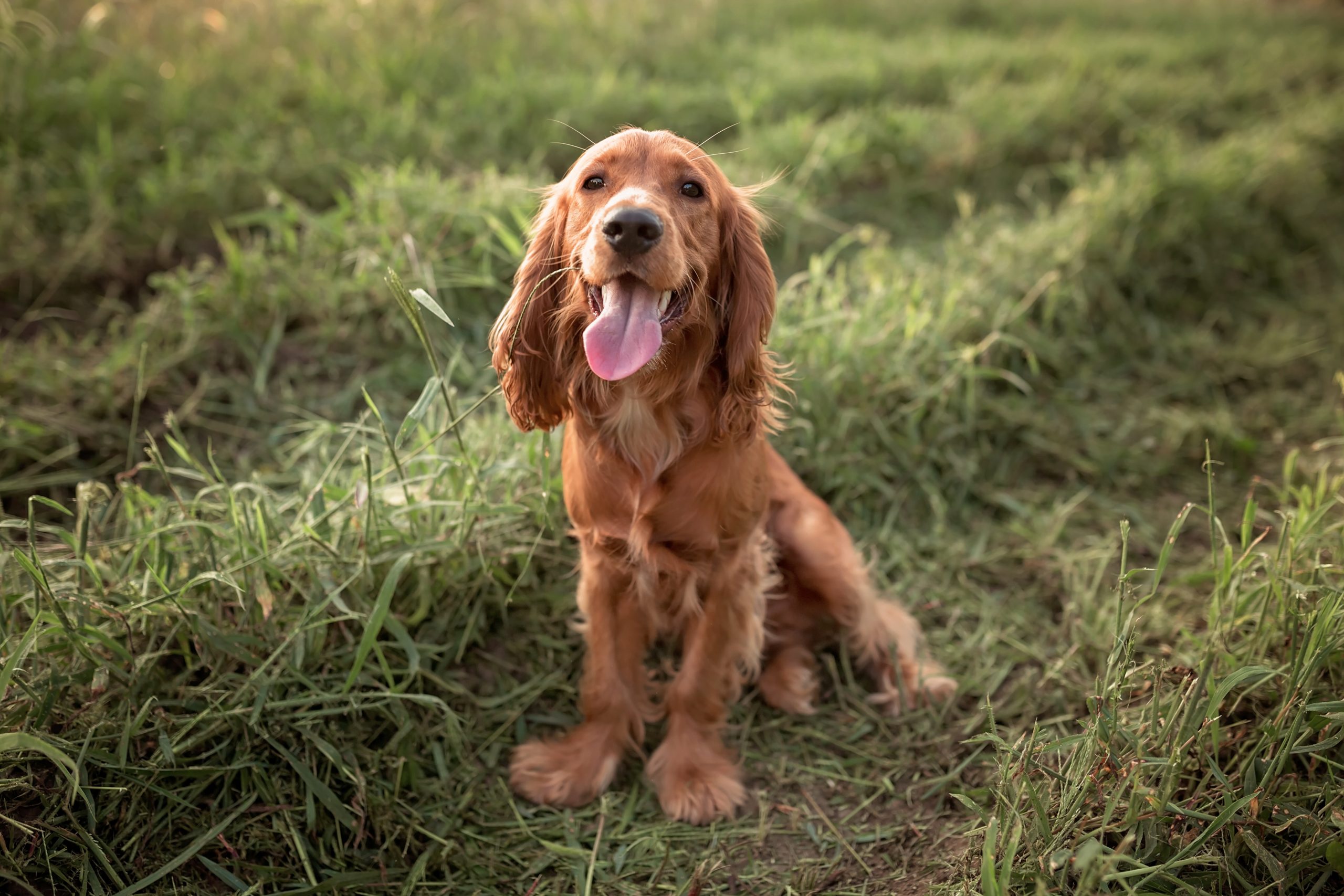
All that said, though... they are truly fantastic dogs, and if you are absolutely on point with their training, the rewards of learning how to harness the breed's natural drive are second to none. Get it right, and they are the ultimate family countryside dog.
These are the three breeds I'd suggest — and the ones that I know best — but I know everyone has their favourites. Springer Spaniels, for example, are much more placid than Cockers. Dachshunds are hugely popular at the moment, and they are cute — but again, they really need careful training. Also in that bracket is the German Shepherd, a dog we see a lot here at the kennels — and I have to admit, I've noticed in the past 15 years or so that we’ve seen a big difference in this particular breed.
They used to be a lot calmer, better built, thicker set, quieter and more placid, but more recently we’ve seen examples with lighter frames, longer legs, and who are much more reactive to other dogs and people, in terms of their barking and temperament. They can be a handful, if you don't know what you're doing — and even if you do — but as with all breeds, if the owner, breeder and trainer are dedicated, they can become lovely family companions. And a well-trained German Shepherd is always a pleasure to see, like a lovely big brother pottering around the family home, trained, confident and trusting.
With all that in mind choose carefully, good luck — and make sure you bookmark my page for training tips!
Ben Randall’s book, ‘How to Train Your Gundog’, is out now. You can order it here at £40.
For more detailed advice about Ben Randall’s positive, reward-based and proven BG training methods, one-to-one training sessions, residential training or five-star dog-boarding at his BGHQ in Herefordshire, telephone 01531 670960 or visit www.ledburylodgekennels.co.uk. For a free seven-day trial of the Gundog app, which costs £24.99 a month or £249.99 a year, visit www.gundog.app/trial
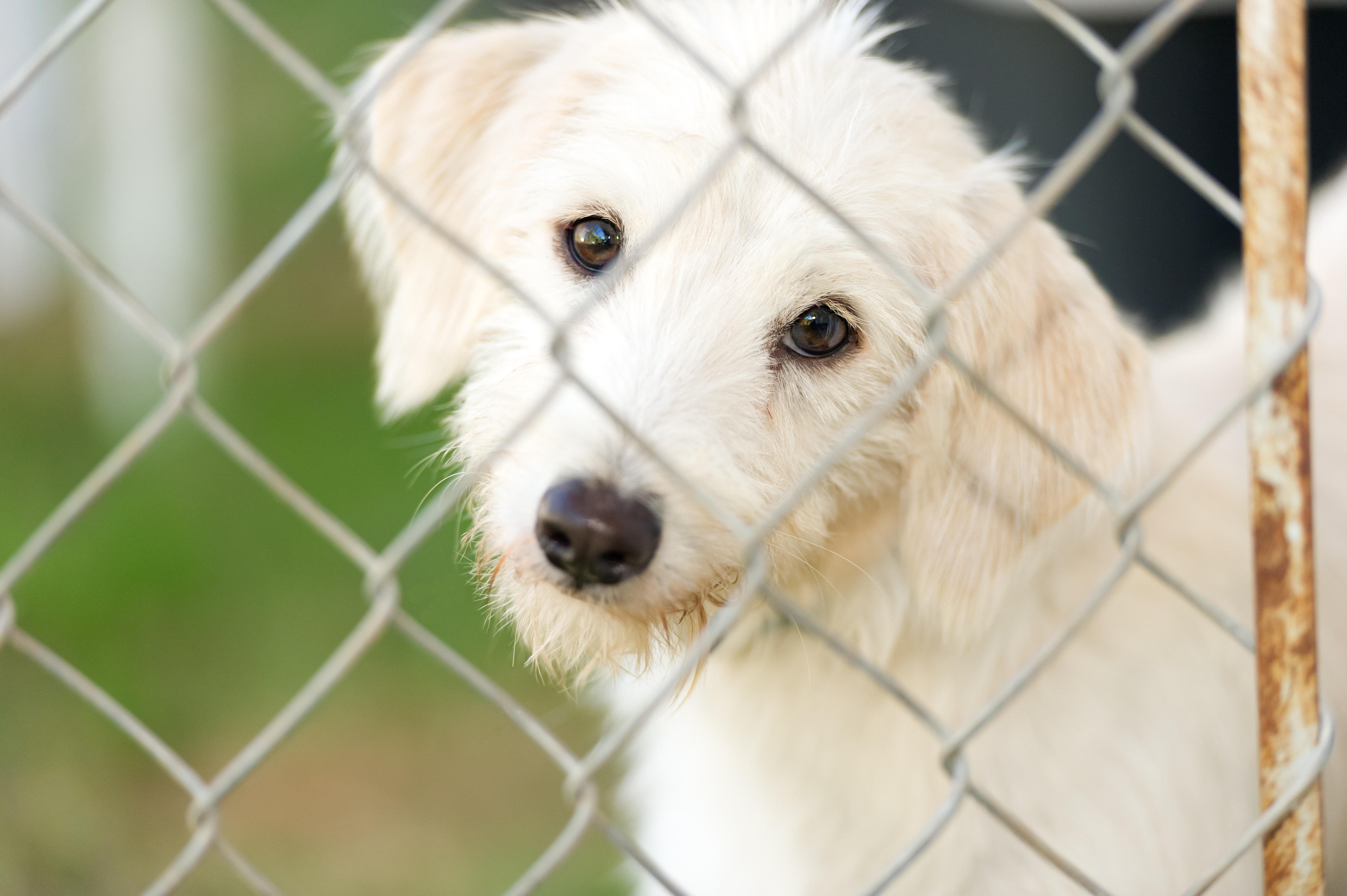
How to choose a rescue dog, by expert trainer Ben Randall
Adopting a dog in need of a new home can be a fabulous experience that will transform your life for
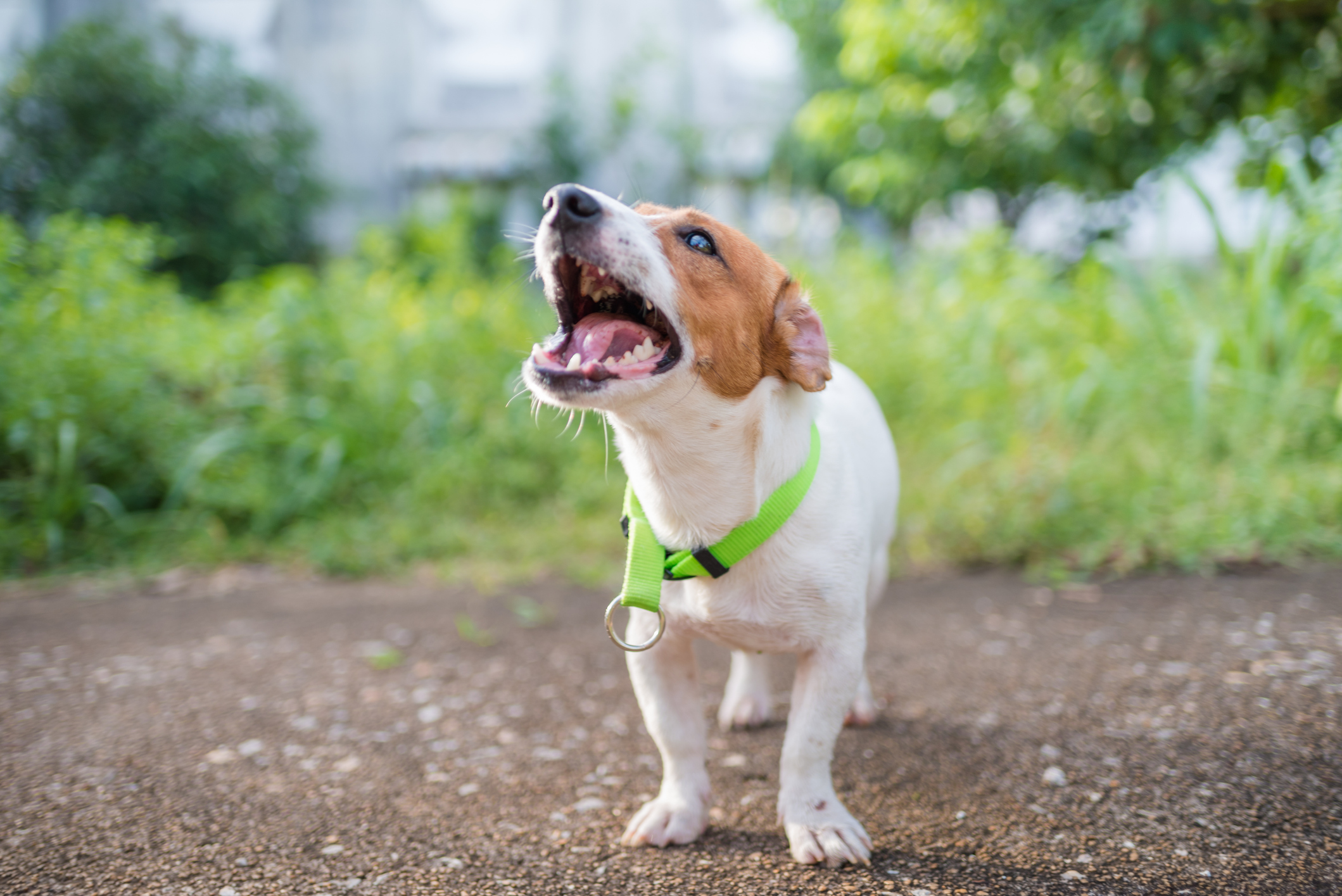
Puppy aggression: How to nip it in the bud before it becomes a problem, by award-winning trainer Ben Randall
A reader whose lovely puppy is starting to show worrying behaviour writes — and Ben Randall has some expert advice.
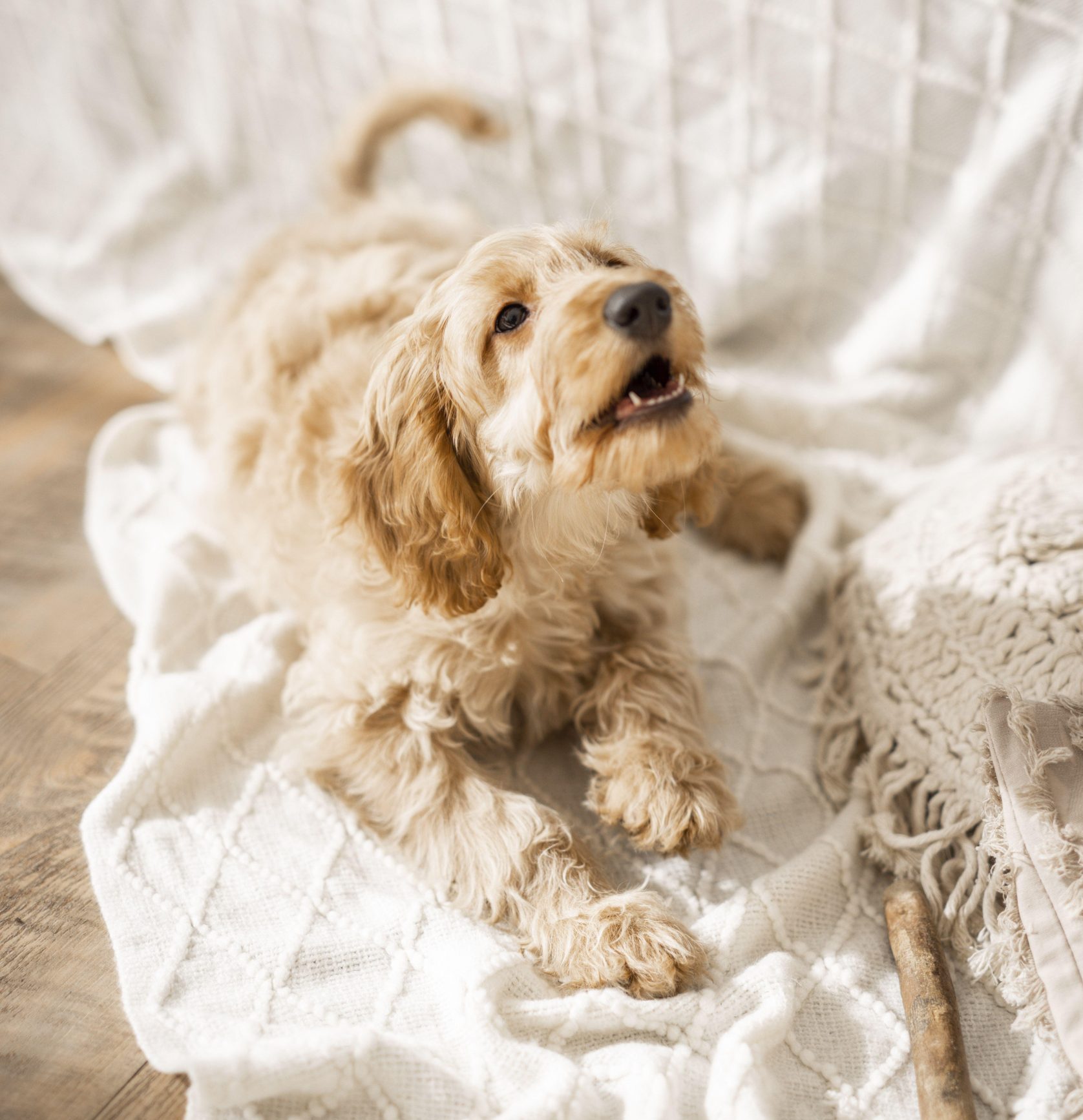
Credit: Alamy
How to stop a dog barking whenever they leave the room, by expert trainer Ben Randall
Some dogs enter defensive mode every time a door is opened or closed, something which is exhausting for owner and

Credit: Getty
How to deal with a dog who's always looking for food, by leading trainer Ben Randall
Got a dog who is always hungry, just can't get enough of food, and doesn't have any qualms about playing
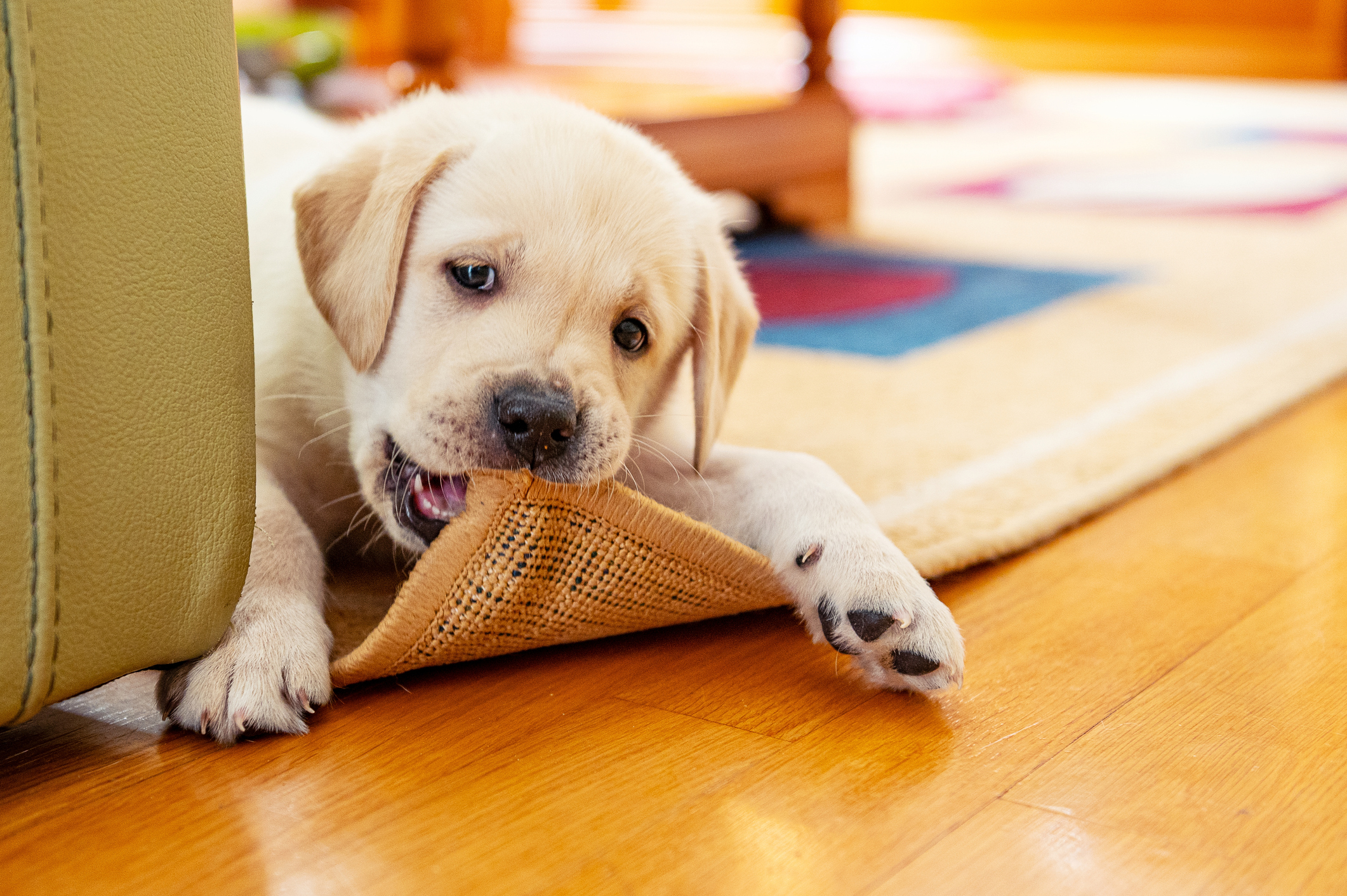
How to get your dog to stop chewing the furniture
If you've got a young dog who can't stop chewing anything and everything in sight, Ben Randall has the solution.
